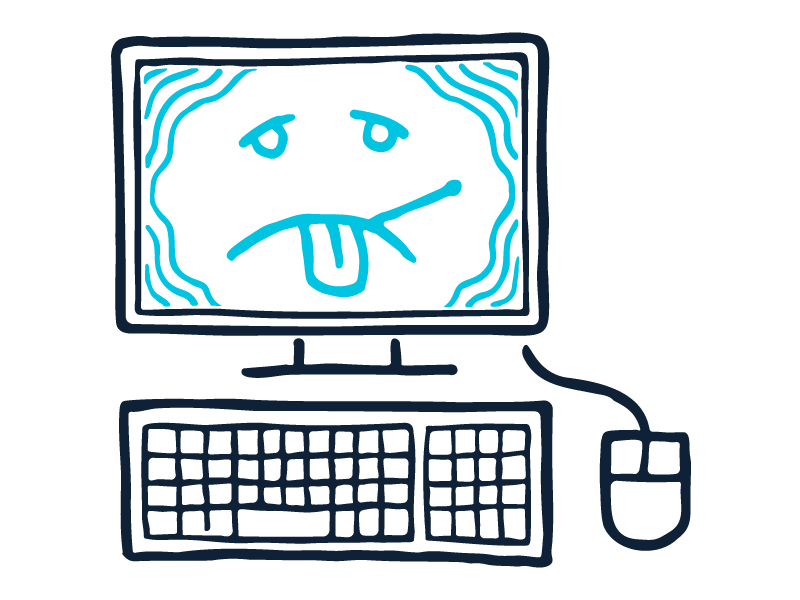Want some final take-aways about avoiding viruses? And what to do if your computer catches one? We've got you covered

Transcript
Davis: Thank you so much for joining us for this series of episodes. I’m wondering if you wouldn’t mind reflecting back on the series. What would you say are the top two or three biggest takeaways?
Dan: Well, first and foremost, being compromised can happen to anyone and will happen to many. It’s not a matter of if but more of when. When it does, notify your IT or security team, or take action immediately if it’s on your own system. Think in advance how you might react if a particular account is taken over by someone else. Next, be prepared with your technology. Use antivirus, hard-to-guess passwords stored in password managers, and multi-factor authentication as ways to keep your system and your network secure. Don’t click on links or open attachments unless you’re sure where they came from and exactly what they’re for.
Davis: Excellent advice. Thank you. What resources might you recommend for folks who want to learn more?
Patron data is held very near and dear to the library, so taking preventive actions also helps protect your constituents. And if a compromise happens, fast action can limit the impact.
Dan: I think the best thing to do here is to go to your organization’s policies and procedures and read them and get to know them. Also, build a strong relationship with your information security and IT teams in advance of something happening. You can also find lots of detailed information on places like sans.org and security awareness sites like Wizer and Curricula, which have very useful but easy-to-watch training that helps on a personal level as much as it does on a work level.
Davis: Dan, we’ve come to the end of our time together on this project and so here’s my final question for the libraries out there. What advice might you give just in general or specifically about information security, whichever you prefer?
Dan: Well, based on similar advice I gave in series three, use the ethos of the library to inform and educate the community on better security practices. Being proactive in protecting your systems and your actions means that the difference between having data put at risk, and not. Also, patron data is held very near and dear to the library, so taking these preventive actions also helps protect your constituents. And if a compromise happens, fast action can limit the impact.
Davis: Thank you so much for all of your words of wisdom across these two series, Dan. I can’t wait to see you again on a METRO production sometime. And before I too say goodbye until series five, I’d like to thank my wonderful project partners at Brooklyn Public Library, The New York Public Library, and Queens Public Library. This project is funded by the Mayor’s Office of the Chief Technology Officer. Thanks so much and I’ll catch you all next time for our fifth and final series.
Further Reading
SANS Network Security
A go-to resource for cybersecurity trainingWizer
Free cybersecurity trainingCurricula
Security awareness training for your whole staff
Contributor Bios
- Daniel Ayala is a leader in the fields of information security, risk, and data privacy. He is Chief Security and Trust Officer at Dotmatics, hosts The Great Security Debate Podcast, and founded Mentor Core, an organization that seeks to bring together mentors and protégés from across the risk and compliance profession. Learn more about Dan's work at https://danielayala.com/.
- Davis Erin Anderson is Director of Programs and Partnerships at METRO Library Council.
- This project is funded by the Mayor’s Office of the Chief Technology Officer, and produced in collaboration with Brooklyn Public Library, The New York Public Library, and Queens Public Library.

